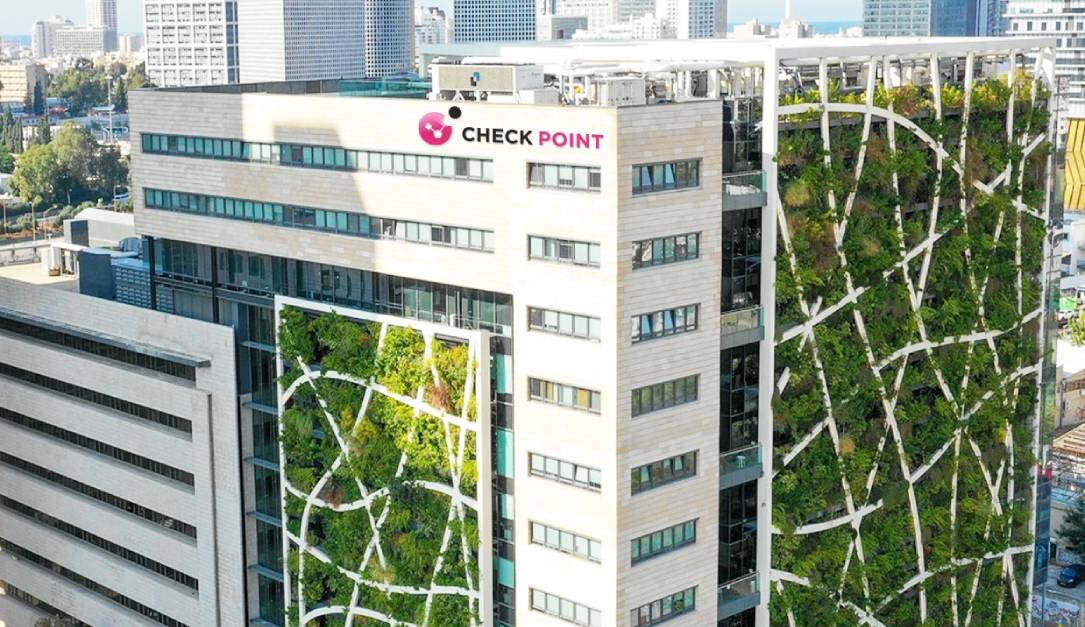
2023-10-13 22:46:25 Author: therecord.media(查看原文) 阅读量:8 收藏
Tech and cybersecurity executives who build their businesses in Israel are always aware of the possibility of war.
Most citizens are required to serve in the defense forces for a few years starting at age 18 and continue with reserve duty until they're 40. During emergencies like the recent attack on Israel by the Palestinian militant group Hamas, these reservists can be called back to active duty.
Although it’s unclear how the conflict will unfold, it could have deep implications for the country’s robust cybersecurity sector. Companies like Check Point, Cybereason and Imperva were founded by Israelis, while tech giants including Google and Microsoft employ thousands of people in the country.
The Israeli cyber startup market ranks as the world's second-largest, attracting investment from abroad as well as support from its own government. Many Israeli tech and cyber executives were trained in Unit 8200, the renowned intelligence division of the Israel Defense Forces.
Now, as the Israeli military gets ready for a potential ground operation in Hamas-controlled Gaza, analysts are predicting a bumpy future for the country’s tech sector — partly because some of the country’s tech and cybersecurity experts may be called upon to join the fight.
Working during war
In Tel Aviv, where many tech and cybersecurity companies are based, sirens warning of incoming missiles go off about three times a day, according to Gil Messing, chief of staff at cybersecurity firm Check Point.
“People go to safe rooms for about three minutes and go back to what they did,” Messing told Recorded Future News. “We are used to this from previous situations.”
Check Point has nearly 7,000 employees globally, with approximately 2,600 based in Israel. "Drafting in the company is really marginal," according to Messing. He couldn't disclose the exact number of personnel on duty for security reasons.
 Check Point's offices in Tel Aviv. Image: Petr Cícha via Wikimedia Commons (CC BY-SA 4.0)
Check Point's offices in Tel Aviv. Image: Petr Cícha via Wikimedia Commons (CC BY-SA 4.0)
The internet in Israel remains stable across the country, according to Messing. Gaza, on the other hand, is nearly isolated from the outside world due to electricity shortages and Israeli airstrikes that damaged internet cables.
The massive Hamas attack left nearly 1,300 people dead in Israel, including more than two dozen American citizens.
“We are horrified by the atrocities committed over the past week and concerned by the ongoing event,” said Nick Bowman, a communication specialist at cybersecurity firm CyberArk, which was founded by two Israelis.
Bowman said that a few of CyberArk's global team members were called up to support the military effort. Still, the company is “well prepared to successfully operate even in this environment,” he added.
“Our workforce in Israel is very accustomed to working remotely and in pressure situations. The people of Israel are resilient and strong,” Bowman told Recorded Future News. “While the situation is fluid and can evolve quickly, we have a plan in place to help ensure our business moves forward.”
Impact on cyber market
Before the war, Israel's typically strong cybersecurity startup market went through a slump. Local cyber startups saw an 87% decrease in funding from April to June this year, dropping from $514 million in the same quarter last year to only $69 million, according to Crunchbase data.
Some of the factors contributing to this decline include the worldwide decrease in venture funding and the political tensions in Israel. The impact of the war on the market remains to be seen.
On Thursday, more than 220 venture capital firms, primarily located in the U.S., issued a collective statement expressing their support for Israel and calling on the global investor community to back the country's tech ecosystem.
“We believe in a brighter and more prosperous future for the region,” the statement said.
While Israel's economy "remains resilient," stock market experts expect that the war will have a significant impact on the country, affecting both the local stock market and Israeli companies listed on foreign exchanges, according to a report by MarketVector Indexes.
Cyberattacks on Israel
Cybersecurity companies not only have to address the impact of the war on their own operations but also safeguard their customers in Israel from a rising number of cyberattacks.
In October, Israeli websites faced 143 attacks, mainly from pro-Palestinian hackers and a few from pro-Russian hackers, according to a Radware analysis shared with Recorded Future News.
The company reported that Israel was the most targeted state for distributed denial-of-service (DDoS) attacks, which overwhelm websites with a flood of traffic, making them temporarily unavailable to users.
Messing from Check Point said that while cyberattacks are now a part of modern warfare, their impact on Israel has been relatively minor so far.
“We’ve seen mostly DDoS attacks by various groups on government websites or media websites, but nothing too dramatic or long,” he said. "This of course can change and we are tracking this.”
Since Hamas fighters launched their assault on Israel, politically motivated hackers from across the world have targeted entities connected with either Palestine or Israel.
The most active hacktivists claiming DDoS attacks against Israeli websites include Indonesian threat actors Garnesia Team, Moroccan Black Cyber Army, Ganosec Team, and Mysterious Team Bangladesh, as well as Indian group Team Herox, according to Radware.
“Hacktivism, as in the war in Europe, is a big factor here as the groups carry out these attacks are from different parts of the world,” Messing said. “We’ve seen records of more than 40 such groups with anti-Israeli motivation.”
Get more insights with the
Recorded Future
Intelligence Cloud.
No previous article
No new articles
Daryna Antoniuk
Daryna Antoniuk is a freelance reporter for Recorded Future News based in Ukraine. She writes about cybersecurity startups, cyberattacks in Eastern Europe and the state of the cyberwar between Ukraine and Russia. She previously was a tech reporter for Forbes Ukraine. Her work has also been published at Sifted, The Kyiv Independent and The Kyiv Post.
如有侵权请联系:admin#unsafe.sh
